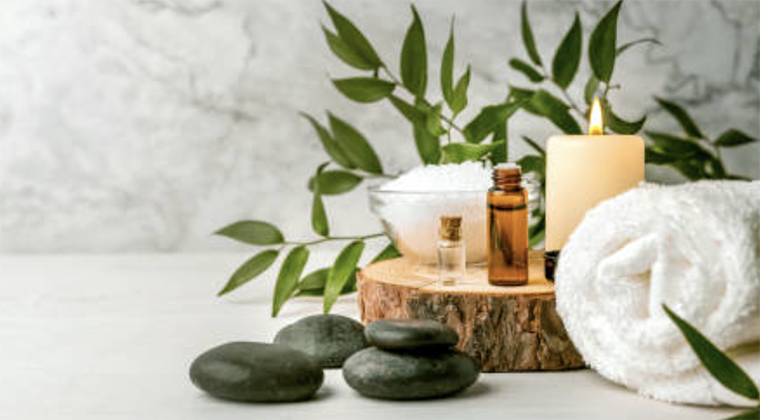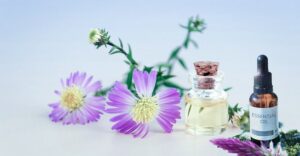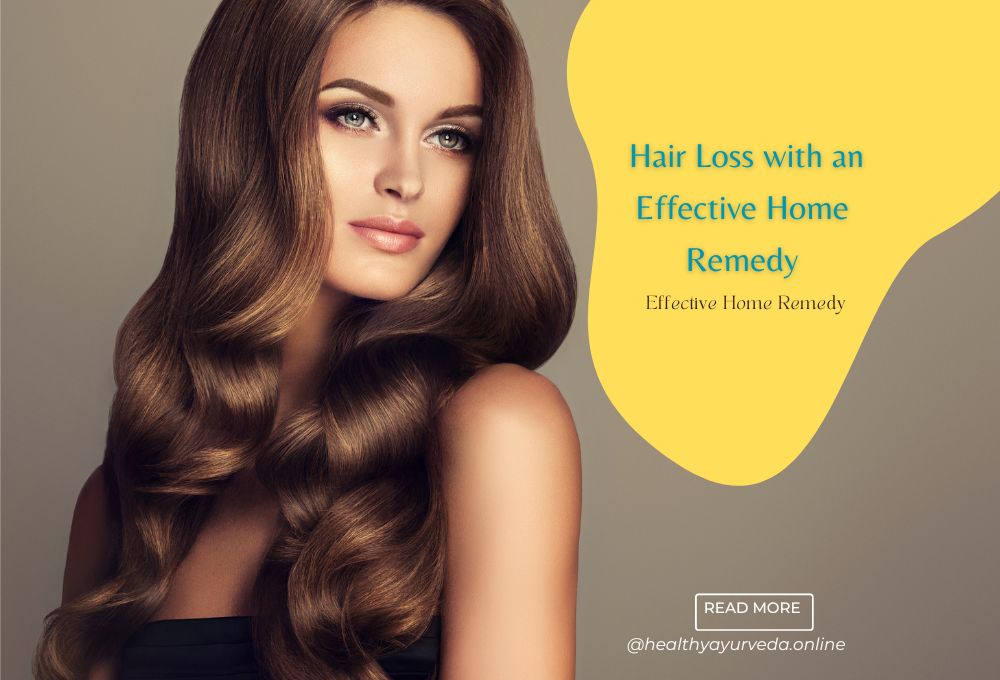
How to use essential oils for skin care
How to use essential oils Are you tired of spending a fortune on skincare products that don’t deliver results? Essential oils may just be the solution you’ve been searching for. Extracted from plants, these oils are packed with powerful nutrients that can help keep your skin looking healthy and radiant. In this article, we’ll explore how you can use essential oils for skin care and give you some tips on incorporating them into your daily routine.
Understanding Essential Oils-:

Essential oils are concentrated liquids extracted from plants, such as lavender, tea tree, and chamomile. They contain natural compounds that have various benefits for the skin, such as anti-inflammatory, anti-bacterial, and anti-ageing properties. When using essential oils, it’s vital to choose high-quality oils and dilute them with a carrier oil, such as coconut or jojoba oil, to avoid skin irritation.
Cleansing with Essential Oils
One way to use essential oils in your skincare routine is by incorporating them into your cleansing routine. Mix a few drops of your favourite essential oil with a gentle cleanser to help remove dirt and impurities from your skin while providing additional benefits, such as hydration or calming effects. Tea tree oil, for example, is known for its ability to fight acne and blemishes, while lavender oil can help soothe irritated skin.
Moisturizing with Essential Oils
Essential oils can also be used to moisturize and nourish the skin. After cleansing, mix a few drops of your preferred oil with a carrier oil and apply it to your face and neck. Not only will it provide hydration, but it can also help reduce the appearance of fine lines and wrinkles. Frankincense oil, for example, is renowned for its anti-ageing benefits, while rosehip oil is high in vitamin C and can help brighten the skin.
Treating Specific Skin Concerns
Different essential oils have other benefits, making them ideal for treating specific skin concerns. For example, peppermint oil can help soothe skin irritation, while eucalyptus oil can be used to alleviate dry, itchy skin. If you’re struggling with acne, consider using tea tree oil, which has anti-bacterial properties that can help prevent breakouts. It’s important to note that essential oils should never be applied directly to the skin and should always be diluted with carrier oil before use.
In conclusion, essential oils can be a powerful addition to your skincare routine, providing a natural and effective way to address various skin concerns. However, it’s important to choose high-quality oils, dilute them properly, and patch-test them on a small area of skin before incorporating them into your routine. With these tips in mind, you can unlock the power of essential oils for healthy, radiant skin.
What makes an oil ‘essential’?
The first thing to understand here is that the term ‘essential’ doesn’t mean ‘required’ or ‘mandatory’. They’re not like the essential amino acids you need to include in your diet.
Rather, in this instance, ‘essential’ means ‘containing the essence of’. So, to create an essential lemon oil, you might extract the aromatic chemicals from a lemon, and combine them with what’s called a ‘carrier’ oil.
This can be a little bit confusing – but this can be a profitable confusion, as far as the industry is concerned.
What are the common essential oils, and what are their benefits?
Lavender is known for its calming and relaxing properties and is often used to promote sleep and reduce stress and anxiety.
Peppermint: may help with digestive issues, headaches, and congestion due to its cooling and invigorating effects.
Eucalyptus: often used for respiratory issues such as coughs, colds, and sinusitis due to its decongestant and expectorant properties.
Tea Tree: Known for its antiseptic and antimicrobial properties, often used to treat skin issues such as acne, cuts, and scrapes.
Lemon: can be used as a natural disinfectant and air purifier, and may help boost mood and energy.
It’s important to note that essential oils should be used cautiously, as they can be potent and may interact with certain medications. It’s also important to purchase high-quality essential oils from reputable sources and to use them correctly according to their recommended guidelines.
Different ways to use them
Aromatherapy: Adding a few drops of essential oil to a diffuser or inhaling directly from the bottle.
Massage: Diluting essential oil with carrier oil and using it for massage.
Bath: Adding a few drops of essential oil to a warm bath.
Inhalation: Add a few drops of essential oil to a bowl of hot water and inhale the steam.
Topical application: Diluting essential oil with carrier oil and applying it to the skin.
Cleaning: Adding essential oil to cleaning products to add a fresh scent and disinfecting properties.
Cooking: Using essential oils as a flavouring agent in cooking and baking. Note: Only food-grade essential oils should be used for consumption.


